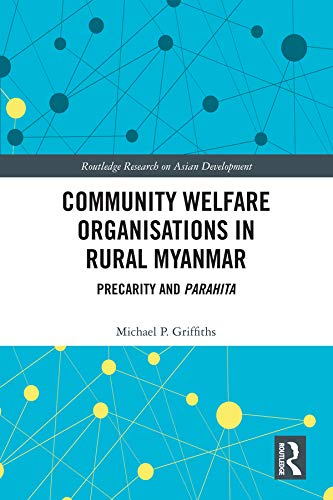

Most ebook files are in PDF format, so you can easily read them using various software such as Foxit Reader or directly on the Google Chrome browser.
Some ebook files are released by publishers in other formats such as .awz, .mobi, .epub, .fb2, etc. You may need to install specific software to read these formats on mobile/PC, such as Calibre.
Please read the tutorial at this link: https://ebookbell.com/faq
We offer FREE conversion to the popular formats you request; however, this may take some time. Therefore, right after payment, please email us, and we will try to provide the service as quickly as possible.
For some exceptional file formats or broken links (if any), please refrain from opening any disputes. Instead, email us first, and we will try to assist within a maximum of 6 hours.
EbookBell Team

4.1
60 reviewsThis book provides an in-depth study of the moral economies emerging from within conditions of precarity in rural communities in contemporary Myanmar.
James C. Scott’s seminal work on ‘The Moral Economy of the Peasant’ argued that peasant notions of subsistence and expectations of reciprocity formed the basis for subsequent rebellion as economic conditions changed and new market forces were introduced. Now, nearly a century on, Michael Griffiths argues that the conditions faced by rural communities in Myanmar remain precarious, but different forms of moral economy shape their responses. In the contemporary context, the moral economy of rural communities is characterized by the emergence of localized, self-organized community welfare associations which adopt a sophisticated iteration of self-help framed by the Buddhist concept of parahita (altruism). This book analyses the performative nature of these welfare organizations as a form of politics, asking how notions of citizenship expressed in these organizations promote more inclusive, or more exclusive practices towards non-Buddhist minorities.
At a time when discourse on identity in Myanmar has been dominated by practices of othering and exclusion, this book provides an important analysis of what citizenship and reciprocity means in contemporary rural Myanmar. This book is a critical resource for researchers working on rural development and the social sciences in Southeast Asia.